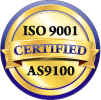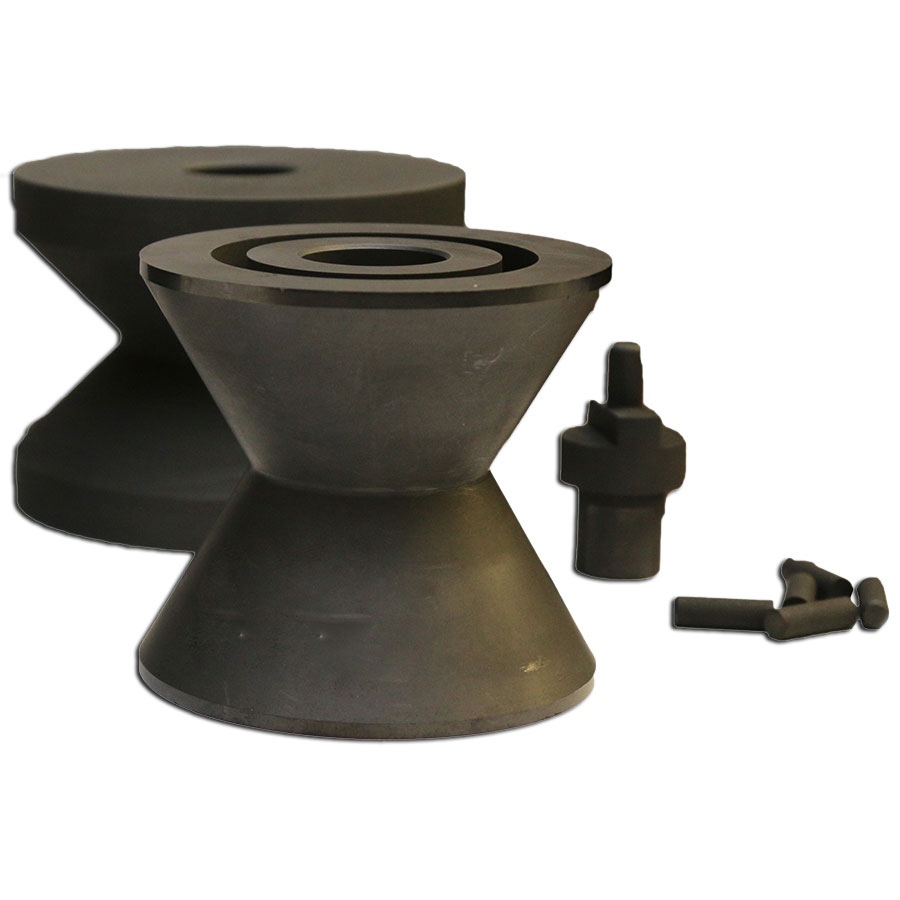
CARBON GRAPHITE HOT GLASS HANDLING SOLUTIONS
St. Marys Carbon custom manufactures a large variety of carbon graphite, electrographite and resinbonded graphite grades for a wide range of glass handling applications. These grades are compatible with various glass types, including borosilicate, sodalime and quartz. All of our products, from the blending of raw materials to the finished product, are made in-house by our specialized craftsmen.
We can custom-manufacture our hot glass handling products to your specific requirements. We specifically manufacture each product to be compatible with your specific glass type, including borosilicate, soda-lime, quartz and other customized glass types. We develop our own proprietary grades and manufacture each product in-house, so we will work closely with you to create a product that is right for you.
ENVIRONMENT, OPERATING CONDITIONS & APPLICATIONS
LOW MAINTENANCE
Will not wet, mark, adhere to or stain glassware to maintain glass quality during the manufacturing process.
NON-CHECKING
Will not check the glass during manufacturing due to the superior wear characteristics of our grades.
FOOD / MEDICAL / ENVIRONMENTALLY SAFE
Allows for use in contamination-free environments due to its self-lubricating properties.
KEY END PRODUCTS
Our Hot Glass Handling products are used in manufacturing processes to develop a wide range of end products. Remember that we custom-design our products to fit your needs, so please contact us if you have a need outside of those below and we’ll work with you to find a solution.
- Glass Bottles / Containers
- Glass Test Tubes / Medical Equipment
- Electronic Glass Components
- Transportation Glass Components (e.g., Automotive, Aviation)
HOW CAN WE HELP YOU ?
CARBON GRAPHITE HOT GLASS HANDLING DETAILS
Working Temperature
- Minimum
- Runs in cryogenic temperatures (no true minimum value)
- Maximum
- Carbon/Graphite up to 700 F
- Electrographite up to 900 F
- Electrographite with inorganic additives up to 1150 F
- Other oxidation inhibitors (impregnants) up to 1200 F
- In inert/neutral environments
- Carbon/Graphite up to 1600 F
- Electrographite up to 5000 F
Key Markets
You can find our hot glass handling products are used across a wide range of different markets, including:
- Aerospace
- Automotive
- Electronics
- Food & Beverage
- Industrial
- Medical
- Pharmaceutical
Product Material
Average Oxidation & Chemical Resistance
- Carbon grades are resistant to most chemicals
Spring Pressure Range
- Application dependent
Types of Glass
- What types should be listed?
CARBON GRAPHITE GRADE
| Grade | Density(lbs./ft.3) | Flexural Strength (psi) | Compressive Strength (psi) | Coefficient of Thermal Expansion (u/°F) | Temperature Limit Neutral (°F) | Temperature Limit Oxidizing (°F) | Scleroscope Hardness | Applications |
|---|---|---|---|---|---|---|---|---|
| 205 | 107.95 | 7,000 | 15,500 | 2.4 | 5,000 | 850 | 65 | Glass Handling |
| 205AH | 110.45 | 8,500 | 15,500 | 2.3 | 1,500 | 1,100 | 75 | Glass Handling |
| 231 | 110.45 | 6,500 | 14,000 | 2.5 | 5,000 | 800 | 50 | Glass Handling |
| 261 | 99.84 | 6,000 | 30,000 | N/A | 1,500 | 700 | 85 | Glass Handling |
| 245 | 113.00 | 8,000 | 16,000 | 2.3 | 5,000 | 850 | 80 | Glass Handling |
| 75 | 106.08 | 8,100 | 21,500 | 2.8 | 3,000 | 750 | 80 | Glass Handling |
How carbon graphite will make your products & parts superior
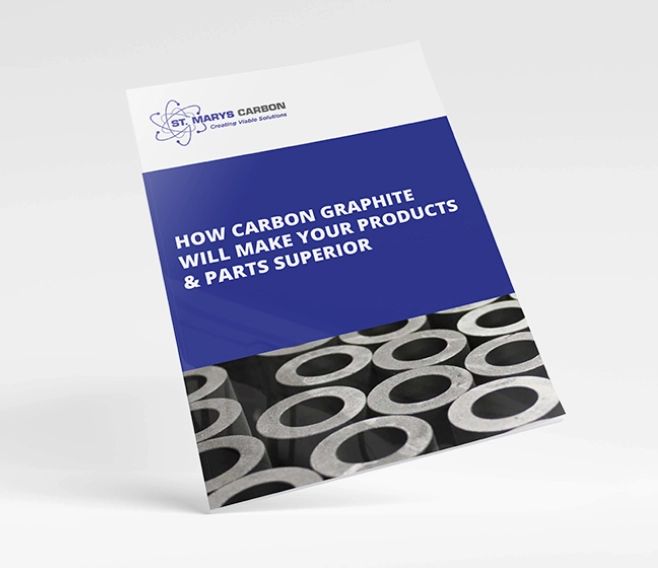
Hot Glass Handling Data Sheet
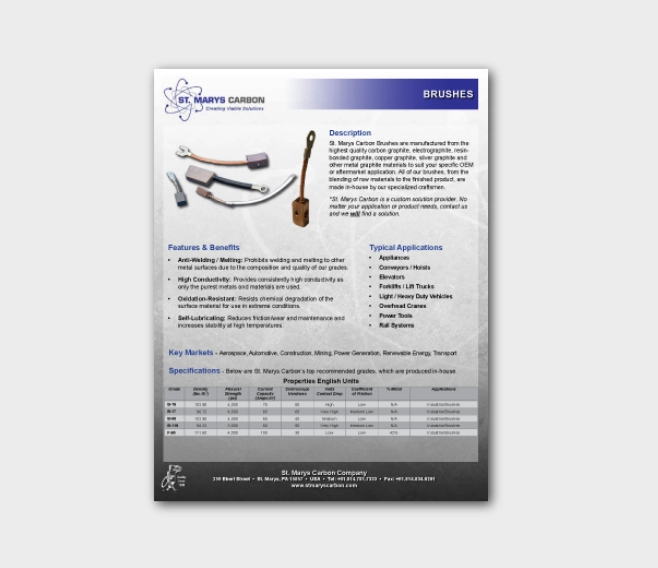
Explore our latest resources
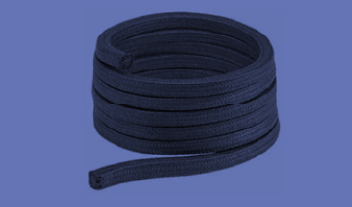
Carbon Graphite Mechanical Seal Types
Rotating equipment often requires a dynamic mechanical seal to create a seal between a rotating shaft and a stationary body and prevent the escape of process fluid(s) including liquid and/or gas. They can also be used in mixer seals to prevent fugitive ambient particulates from entering a contained vessel being being mixed such as a pharmaceutical reaction…
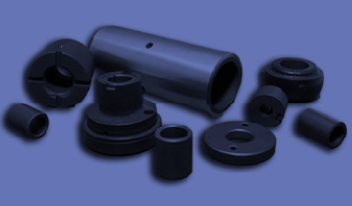
Why Bearings Fail and How to Prevent It
All bearings have a fixed life expectancy. Some are replaced because of normal wear or spalling, and others need replacing because of premature wear or failure. An unexpected failure can cause damage to equipment, downtime, costly replacement, and possibly even injury. And, even before they fail, the premature wear is likely to have effects on performance …
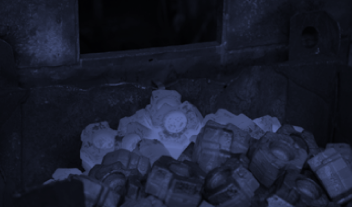
Carbon Graphite Conductivity & Expansion
When deciding on the materials for carbon graphite components or parts, it all starts with a thorough review of the application which includes the components’ form/function/fit and property identifying the “must haves” and the “nice to haves” and melding these with a design for manufacturability. There are three important physical characteristics …

